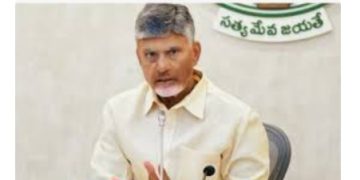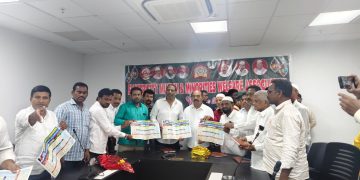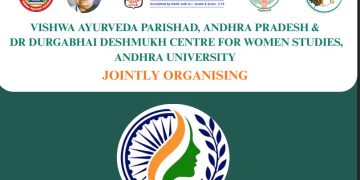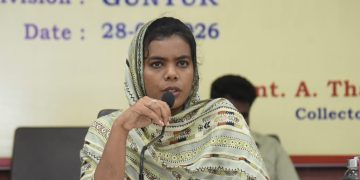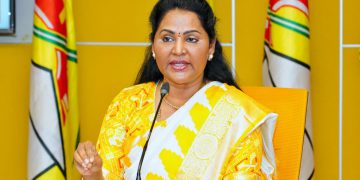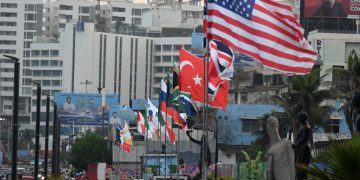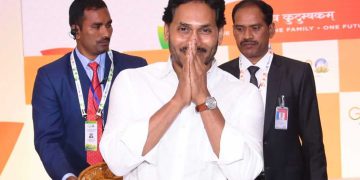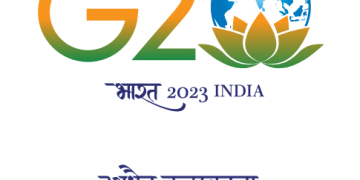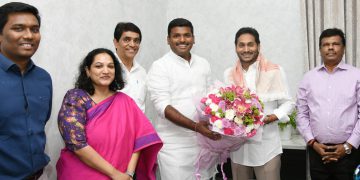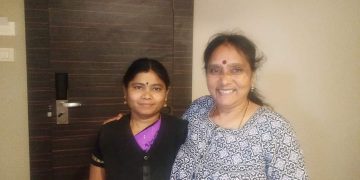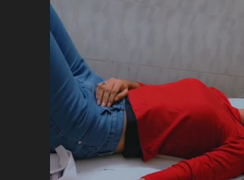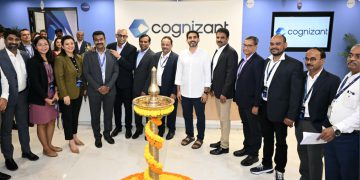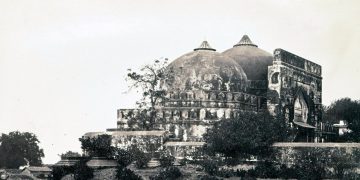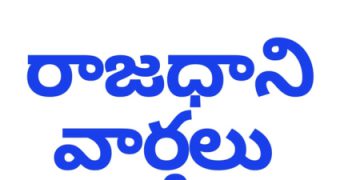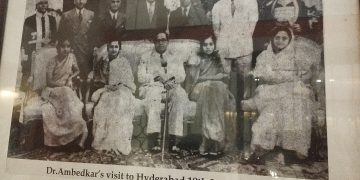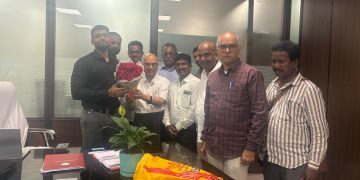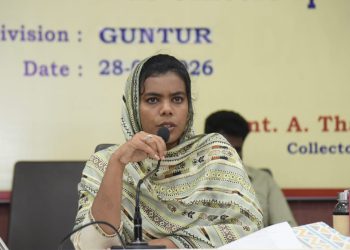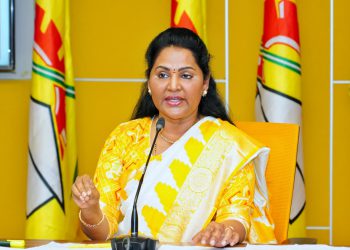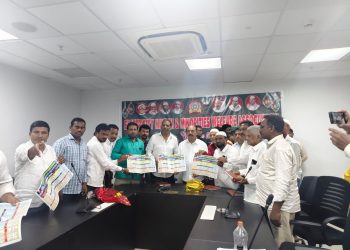Top priority for Health care
Preventive Action Tackle Diseases
Reduce the Burden of Medical Expenses on Families
Yogadhyayan Parishad To Be Revived
Unnecessary C-Sections Not Acceptable
Green Signal to Fill 150 Posts in the Institute of Preventive Medicine (IPM)
CM Chandrababu Naidu Reviews the Medical & Health Department
Amaravati, July 23: Chief Minister N. Chandrababu Naidu said that state’s focus must go beyond delivering better treatment, with policies implemented in a proactive way so that people do not fall ill in the first place. Starting with public food habits and extending to the use of organic produce, he directed officials to implement an actionable program. On Wednesday, the Chief Minister reviewed the Medical and Health Department at the Secretariat. The review covered departmental performance, Tata Digital Nerve Center services, the construction of medical colleges, and related issues.
The Chief Minister said, “In the future, medical costs could become an unbearable financial burden for families. To reduce this, we need broad-based public awareness on health, including guidance on improving dietary habits. If current food patterns continue, the risk of life-threatening diseases like cancer will rise. People should consume produce free from pesticides. Farmers and the public must be sensitized in this direction. The government should prepare plans accordingly.” He added that good health for all depends on alertness and preventive care, and urged strong disease control through timely precautions. Building awareness on preventive health is essential to easing the medical cost burden on the public.
Conduct Wide-Ranging Medical Screenings
“Tata Trusts and Gates Foundation-supported Digital Nerve Centers will help us stay continually alert on public health. We have already launched a Tata Digital Nerve Center as a pilot in Kuppam. We will roll out these centers across Chittoor district by January next year, and statewide by the end of the year. District- and state-level command control centers must be established for this. If these centers function effectively, we can deliver better healthcare to the poor. Their goal is to provide more care at lower cost. Study how we can use technology to deliver quality care affordably and organize hackathons. By conducting as many medical screenings as possible, we can detect existing illnesses early. Testing people once every three months, six months, or annually can help prevent serious illness. Services at City Diagnostic Centers in cities like Tirupati, Vijayawada, and Visakhapatnam should be made accessible to the poor. Private diagnostic centers charge heavily for CT scans, MRI scans, and similar tests. Through government-run City Diagnostic Centers, we must make a full range of tests affordable for low-income families and reasonably priced for everyone else as well.”
Revive the ‘Yogadhyayan Parishad’
“Reconstitute the earlier Yogadhyayan Parishad. Along with taking yoga widely to the public, activate traditional systems such as Naturopathy, Homeopathy, Ayurveda, and Unani. Recruit the required staff for the Yoga Study Council through the Medical Services Recruitment Board. Don’t just set it up, also educate people on the benefits of yoga. These days deliveries are being done by C-section whether needed or not. With yoga, many women can have normal deliveries without surgery. Arrange to provide yoga training both offline and online. Make yoga and meditation part of everyone’s life. We issued a declaration on Yoga Day; let us now implement it in practice.”
Identify Nutrition Gaps in Children
“We must detect nutritional deficiencies in young children early. Implement the ‘Care & Grow Policy’ effectively for this purpose. When we identify deficiencies in childhood, they are less likely to cause problems later in life. We are already working with the Gates Foundation on the use of technology in healthcare; we should also draw on expertise from institutions like IIT Madras. Stay in continuous consultation with experts and coordinate technically with these institutions. Field visits by officials and medical specialists will produce better results. With accessible health data on people, we can keep them informed and proactive. Ensure that medical services are available in every assembly constituency. The government policy of having a 100-bed hospital in every constituency must be implemented rigorously. Pay special attention to delivering healthcare in tribal/remote areas. Upgrade government hospitals to match private standards; bring in outsourcing where needed. Expedite the construction of medical colleges. Also examine the establishment of deemed universities in the state.”
Green Signal for 150 Posts
Health Minister Satya Kumar Yadav requested the Chief Minister to fill vacant posts in the Directorate of the Institute of Preventive Medicine. Against a sanctioned strength of 723 posts, only 143 are currently active. The Chief Minister therefore directed officials to immediately begin the process to fill 150 posts in the first phase. He also asked the Minister to resolve issues related to registration for students who have studied medicine abroad, and to clearly explain the steps being taken by the state government so that medical students understand the process. Senior officials from the Medical & Health Department and representatives from Tata Trusts participated in the review.


